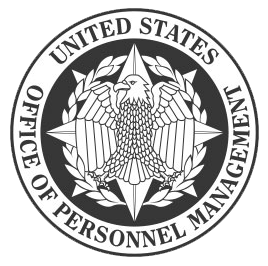

Have questions about DPRS? We've put together a short list below to help answer some frequently asked questions.
The Direct Premium Remittance System is a centralized automated system that enrolls, bills, and collects health insurance premiums from eligible non-Federal enrollees who elect to participate in the Federal Employees Health Benefits (FEHB) Program under the Temporary Continuation of Coverage (TCC) and Spouse Equity regulations. DPRS processes the reporting of information between the enrollees and the insurance carriers and the Office of Personnel Management (OPM).
TCC is a feature of FEHB that allows eligible individuals to temporarily continue their FEHB coverage after regular coverage ends. TCC became effective January 1, 1990.
Federal employees and members of their families who lose their Federal Employees Health Benefits (FEHB) coverage because of a "qualifying event" may be eligible for TCC. The qualifying event must have occurred on or after January 1, 1990.
For employees, the only qualifying event is separation from Federal Service. However, employees are not entitled to TCC if the separation is involuntary due to gross misconduct. The employing office is responsible for deciding whether conduct that leads to an involuntary separation is considered, "gross misconduct." For children, the qualifying events are:
Spouses are not eligible for TCC in their own right, even if the Federal employee dies or separates and decides not to elect TCC. However, if the marriage ends other than by death, the former spouse is eligible for TCC. The qualifying events are divorce and annulment of the marriage.
If you have questions regarding DPRS, Temporary Continuation of Coverage (TCC), or Spouse Equity, please contact your employing office (if a Federal employee) or call the USDA, National Finance Center, Direct Premium Remittance Unit at 1-800-242-9630.
Last Updated / Reviewed: July 25, 2024